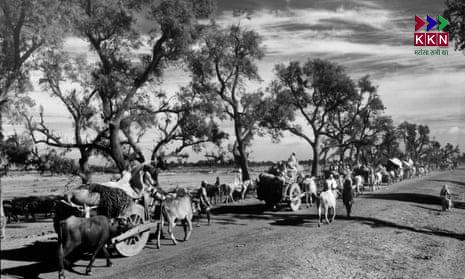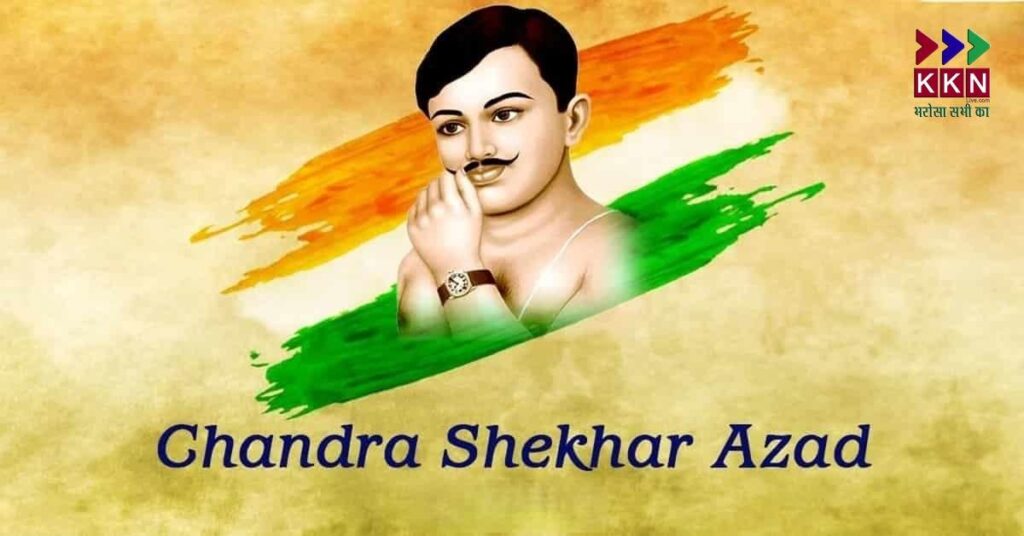
The story of India’s independence is incomplete without the painful memory of Partition. While independence in 1947 marked a new beginning, the simultaneous division of the country remains one of the greatest human tragedies in modern history. The division of Punjab and Bengal left behind widespread violence, displacement, and trauma. Nearly 10 lakh people lost their lives, and about one crore were displaced from their homes, migrating from Pakistan to India. Hindus and Sikhs bore the brunt of this upheaval, particularly in Punjab, where families were forced to abandon homes, lands, and livelihoods to start life afresh across the border.
Punjab’s Division and Jinnah’s Ambition
Today, Punjab stands divided between India and Pakistan. But during the Partition debates, Mohammad Ali Jinnah, the founder of Pakistan, envisioned that the entire Punjab should become part of his proposed Islamic nation. According to historical accounts, Jinnah engaged with Sikh leaders, including Master Tara Singh and the Maharaja of Patiala, to negotiate their support.
During these meetings, Jinnah reportedly assured the Sikh community that if they agreed to include Punjab in Pakistan, they would be granted autonomy. He emphasized that their rights would be safeguarded, asking them to sign in favor of Pakistan’s claim.
Sikh Leaders Demand Written Assurance
However, Sikh leaders remained skeptical. Historian Tarlochan Singh recalls that Sikh leaders posed a direct question to Jinnah: “You can give us verbal assurances, but what happens after you are gone?”
In response, Jinnah confidently remarked that his words would not be defied by anyone. But the Sikh leaders insisted on written guarantees. They sought a constitutional provision that would secure their autonomy. Jinnah, however, refrained from offering any such written assurance. This refusal became the breaking point in the discussions, leading to a bitter disagreement between the Sikh representatives and Jinnah.
Sikh Resistance and the Partition of Punjab
At the time, Punjab had a Muslim majority population, and logically, the entire province could have been absorbed into Pakistan. But it was the determined resistance of Sikh leaders that ensured Punjab’s partition. Without their opposition, Punjab might have been completely lost to Pakistan. Tarlochan Singh notes that it was only due to the Sikh community’s firm stance that India retained a significant part of Punjab, allowing Sikh identity to remain tied to India.
Sikh Losses and Historical Grievances
The trauma of Partition continues to resonate among Sikhs even today. Many Sikhs believe their sacrifices during the freedom struggle and Partition have not received the recognition they deserve. The community lost sacred sites like Nankana Sahib, the birthplace of Guru Nanak, which went to Pakistan after Partition. The displacement, killings, and destruction left lasting scars.
Tarlochan Singh emphasized that Sikhs often express regret over the territorial loss. Historically, their presence stretched from Attari to Gurgaon, but after Partition, they were confined to a much smaller region. The sense of loss, both spiritual and territorial, has fueled Sikh dissatisfaction with how history has been represented in India.
Sikh Separatism and Its Roots
While addressing the issue of Sikh separatism, Tarlochan Singh explained that its roots can be traced back to the events of Partition. The discontent among Sikhs stemmed from the feeling that their massive sacrifices were not acknowledged in independent India. The community’s displacement and the loss of their religious centers deepened the sense of exclusion.
This resentment laid the groundwork for separatist sentiments that emerged decades later. Singh noted that Sikh alienation was not born suddenly but was instead a product of Partition’s unresolved grievances.
Call for Teaching Partition History
Tarlochan Singh also highlighted the need for India to teach Partition history more comprehensively. According to him, the absence of detailed lessons about Sikh sacrifices in the national curriculum has kept younger generations unaware of the immense challenges faced during Partition. He mentioned that he had personally spoken to Prime Minister Narendra Modi, urging that Partition history be included in educational syllabi to ensure that the new generation understands the significance of Sikh contributions and struggles.
The Significance of Historical Memory
Partition is remembered as one of the darkest chapters of South Asian history. For Sikhs, it not only meant loss of lives and property but also of sacred spaces central to their faith. Their resistance to Jinnah’s proposal ensured that at least part of Punjab remained in India, preserving their cultural and religious identity. But the lack of formal recognition in history books has left a vacuum in how this legacy is remembered nationally.
The confrontation between Sikh leaders and Mohammad Ali Jinnah over Punjab’s inclusion in Pakistan reflects a crucial moment in Partition history. Jinnah’s refusal to provide written constitutional guarantees of Sikh autonomy led to mistrust and eventual rejection of his offer. This resistance by Sikh leaders shaped the final boundaries of India and Pakistan, ensuring that Punjab was divided rather than fully absorbed into Pakistan.
Even decades later, the Sikh community continues to carry the burden of Partition. With their sacred sites left across the border and memories of violence still alive, their historical grievances remain significant. Calls for recognizing and teaching the complete history of Partition, including Sikh sacrifices, underline the importance of acknowledging all communities’ roles in India’s independence. Without such recognition, the wounds of Partition remain unhealed, and its lessons risk being forgotten.


